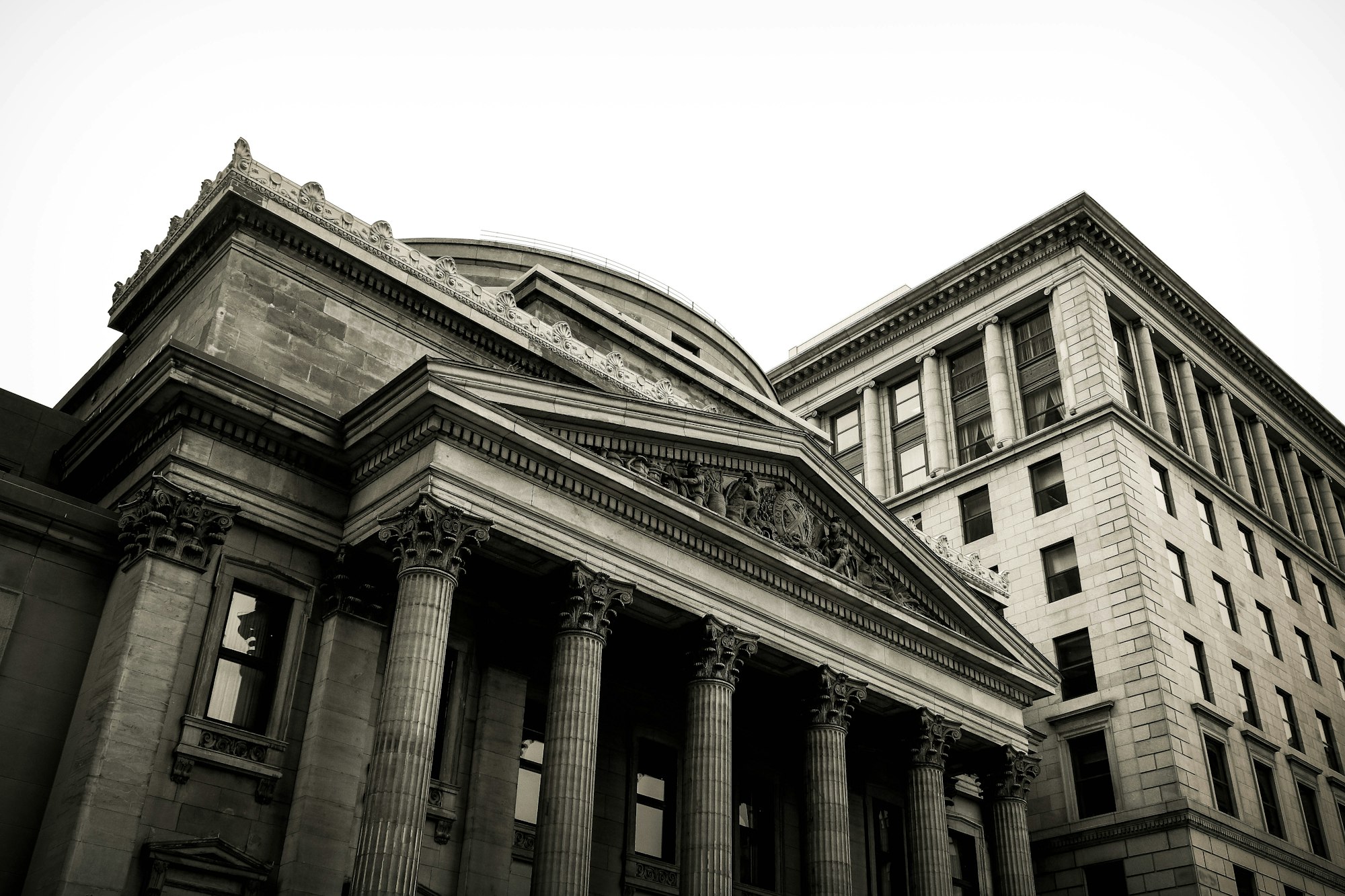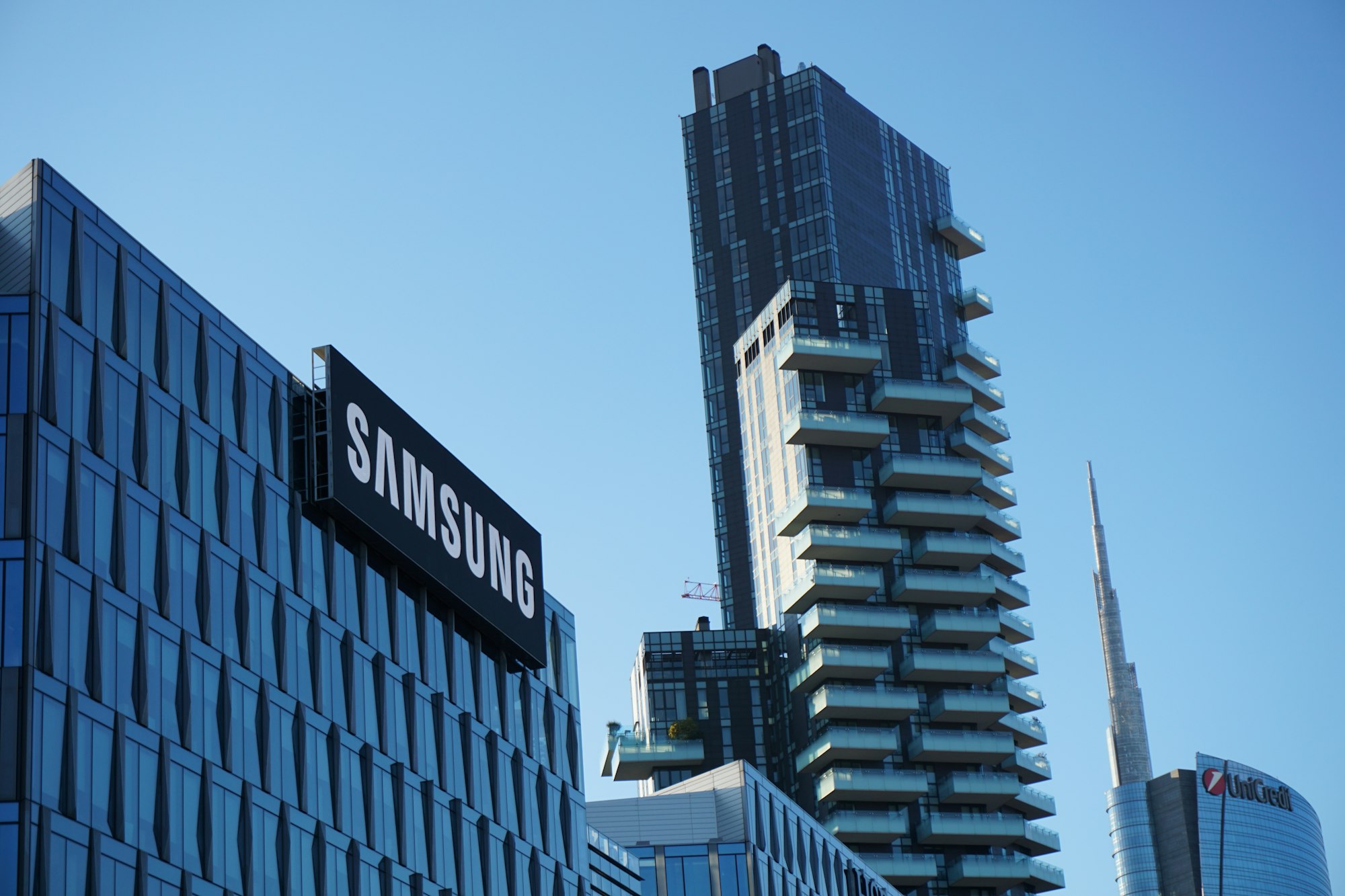Fed Raises Interest Rates By Half Point, Its Biggest Hike In Two Decades
With a 40-year high inflation, the Fed raised its benchmark interest rate by half a percentage point on Wednesday. Additional half point increases are expected in June and July with the market expecting rates in the 2.75%-3% range by year end, from a range of 0.75%-1% today.
“Inflation is much too high and we understand the hardship it is causing. We’re moving expeditiously to bring it back down,” Fed Chairman Jerome Powell during Wednesday's press conference.
- Markets have been volatile ahead of the Fed's meeting due to investors' worries of a hawkish Fed, mixed earnings from large companies, the war in Ukraine, and pandemic-related lockdowns in China
- The rates rise means higher borrowing costs for house mortgages, car loans, and company debt may begin to hinder economic growth later this year
- The construction sector could be pressured as demand for homes vanishes in the face of higher rates, making it hard for home builders to sell down their inventory
- All while the cost for raw materials stays elevated due to lingering supply chain issues
- A recession may be ahead as the Fed now aims to bring inflation down by 4 percentage points, something it has never done in the past 80 years without causing a recession
The UK Economy To Slide Into Recession In 2022
The Bank's Monetary Policy Committee authorized a 25-basis-point hike, bringing the basic interest rate to 1%, their highest level since 2009.
Suren Thiru, head of economics at the British Chambers of Commerce stated: "The decision to raise interest rates will cause considerable alarm among households and businesses given the rapidly deteriorating economic outlook and mounting cost pressures,"
- The Bank of England warned on Thursday that the UK economy would slide into recession this year with inflation expected above 10% and rising interest rates
- On the back of surging energy prices, UK inflation already hit a 30-year high of 7% in April
- The Bank of England also warned that inflation was likely to surpass wage growth this year which would further squeeze consumer spending
The ECB May Hike Rates In July
The European Central Bank last increased rates in 2011 and has kept its benchmark deposit rate in negative territory, now at -0.5%, since 2014. ECB policymakers are now expected to raise interest rates as soon as July but no later than September. This contrasts with the Fed's rapid policy tightening.
- Mid-April, ECB President Christine Lagarde stated the ECB would not follow the Fed's cycle of interest rates increases despite an all-time inflation of 7.5%
- Ms. Lagarde stressed that the eurozone's recovery is less advanced than that of the larger U.S. economy, and that the war and subsequent sanctions pose a greater economic headwind
Christine Lagarde on the Fed: "Comparing our respective monetary policies is comparing apples and oranges, [...] Our economies do not compare and… this is likely to be accentuated by the fact that the euro area is probably going to be more exposed and will suffer more consequences as a result of the war by Russia against Ukraine."
Meanwhile, the ECB also announced the end of its net asset purchases in the third quarter.
- The central bank is now expected to raise interest rates at least twice before year end
- Markets price in around 97 basis points hike which would put rates back in positive territory
- The ECB will meet again on June 9, when the asset purchases will be completed, and then again on July 21
Disclaimer
Please note that this article does not constitute investment advice in any form. This article is not a research report and is not intended to serve as the basis for any investment decision. All investments involve risk and the past performance of a security or financial product does not guarantee future returns. Investors have to conduct their own research before conducting any transaction. There is always the risk of losing parts or all of your money when you invest in securities or other financial products.
Credits
Photo by Etienne Martin on Unsplash.






